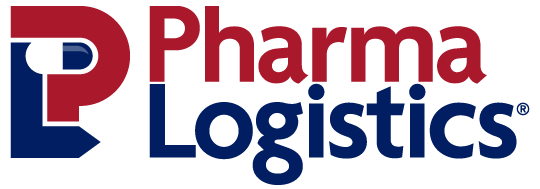Among their many other critical duties, pharmacy staff are tasked with safely disposing of hazardous waste materials, including certain substances and drugs defined at the federal level. However, the many classifications and stipulations can make it difficult to track exactly what your liability is.
Is your pharmacy a Conditionally Exempt Small Quantity Generator (CESQG)?
If your independent, retail or hospital pharmacy generates no more than 220 lbs (100 kg) of hazardous waste per month, then per the EPA you are a Conditionally Exempt Small Quantity Generator (CESQG). This means that–so long as you comply with other basic requirements—you are exempt from the full hazardous waste regulations that apply to generators of larger waste quantities.
You can maintain your exemption by making sure you meet three specific waste management requirements:
- Identify: Follow the EPA-mandated process for identifying all of the hazardous waste you generate. For example, through the RCRA, the EPA regulates hazardous waste from “cradle to grave” i.e. from the time the waste is created, all the way through transport, treatment, storage, and disposal.
- Restrict: Do not store more than (2200 lbs) of hazardous waste onsite at your facility at any time.
- Recycle/Treat/Dispose: Arrange delivery of your hazardous waste to an appropriate licensed Treatment, Storage, and Disposal Facility (TSDF). If you treat or dispose of waste onsite, your facility must be licensed as a TSDF.
Some examples of a Treatment, Storage, and Disposal Facility approved by the EPA include:
- State or federally regulated hazardous waste management treatment, storage, or disposal facilities
- Facilities permitted, licensed, or registered by a state to manage municipal or industrial solid waste
- A facility that uses, reuses or legitimately recycles the waste (or treats the waste prior to use, reuse, or recycling).
- A universal waste handler or destination facility subject to the universal waste requirements of 40 CFR Part 273.
It’s recommended that you call the appropriate state agency to verify that the TSDF you’ve selected has any necessary permits.
For more on other compliance considerations, download our Compliance Handbook.

